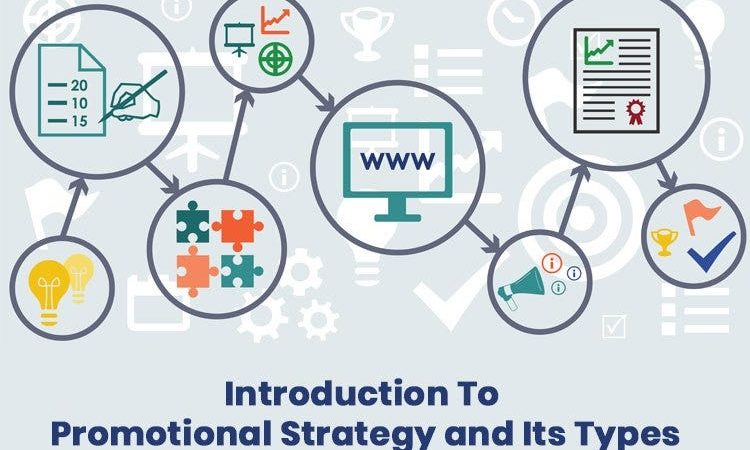Guide to Financial Freedom: Reverse Mortgages for Seniors

Retirement is meant to be a time of relaxation and enjoyment after years of hard work. However, for many seniors, financial worries can overshadow this golden period of life. Thankfully, there’s a financial tool that can provide relief and unlock newfound freedom: reverse mortgages.
In this comprehensive guide, we’ll explore how reverse mortgages can empower seniors to achieve financial freedom in their retirement years.
Understanding Reverse Mortgages:
Let’s start with the basics. What exactly is a reverse mortgage? Simply put, it’s a type of loan available to homeowners aged 62 and older that allows them to convert a portion of their home equity into cash.
Unlike traditional mortgages, where borrowers make monthly payments to the lender, with a reverse mortgage, the lender pays the borrower. This can provide seniors with a much-needed source of additional income without the burden of monthly payments.
How Reverse Mortgages Work:
Now that we know what a reverse mortgage is, let’s delve deeper into how it works. When you take out a reverse mortgage, you receive funds based on the equity you’ve built up in your home. This money can be disbursed to you in various ways, such as a lump sum, monthly payments, or a line of credit. The loan is repaid when you sell your home, move out, or pass away. At that time, the loan amount, plus any accrued interest and fees, is paid back to the lender from the sale proceeds.
Benefits of Reverse Mortgages for Seniors:
Financial Flexibility: Reverse mortgages from this source seniorsfirst.com.au offer seniors a flexible way to access the equity in their homes without having to sell or move out. This additional source of income can be used to cover a variety of expenses, including healthcare costs, home renovations, debt consolidation, or simply to supplement retirement income.
No Monthly Mortgage Payments: Unlike traditional mortgages, where borrowers are required to make monthly payments to the lender, reverse mortgages do not require monthly payments. Instead, the loan is repaid when the borrower sells the home, moves out, or passes away. This can provide significant relief for seniors living on fixed incomes.
Retain Homeownership: With a reverse mortgage, seniors retain ownership of their homes, allowing them to continue living in the place they know and love. This can provide stability and peace of mind, knowing that they can age in place without the fear of being forced to move out due to financial constraints.
Tax-Free Proceeds: The proceeds from a reverse mortgage are typically considered loan advances and are not taxable income. This means that seniors can use the funds from a reverse mortgage without worrying about increasing their tax liability.
No Risk of Loan Default: Since reverse mortgages do not require monthly payments, there is no risk of defaulting on the loan due to missed payments. As long as the borrower continues to meet the requirements of the loan, such as maintaining the property and paying property taxes and insurance, they can remain in their home without fear of foreclosure.
Flexible Repayment Options: Seniors have the flexibility to choose how they receive the funds from a reverse mortgage, whether as a lump sum, monthly payments, or a line of credit. This allows them to tailor the loan to their individual needs and preferences.
How to choose the Right Reverse Mortgage advisor:
Choosing the right reverse mortgage advisor is crucial to ensuring that you receive the guidance and support you need to make informed decisions about your financial future. Here are some key factors to consider when selecting a reverse mortgage advisor:
Experience and Expertise: Look for a reverse mortgage advisor who has extensive experience in the industry and a deep understanding of reverse mortgages. Ideally, they should specialize in serving seniors and have a track record of successfully helping clients navigate the complexities of reverse mortgages.
Credentials and Certifications: Verify that the advisor holds relevant credentials and certifications in the field of mortgage lending. This could include certifications from organizations such as the National Reverse Mortgage Lenders Association (NRMLA) or other reputable industry associations.
Reputation and References: Research the advisor’s reputation in the community and read reviews or testimonials from past clients. Ask for references and reach out to individuals who have worked with the advisor to get firsthand feedback about their experience.
Transparency and Communication: Choose an advisor who prioritizes transparency and communicates openly and honestly with clients. They should be willing to explain the terms and conditions of the reverse mortgage in clear, understandable language and answer any questions you may have.
Personalized Approach: Seek out an advisor who takes a personalized approach to client service and takes the time to understand your unique financial situation, goals, and concerns. They should tailor their recommendations to meet your specific needs and objectives.
Ethical Standards: Ensure that the advisor adheres to high ethical standards and operates with integrity in all client interactions. They should always put your best interests first and provide objective, unbiased advice.
Accessibility and Availability: Consider the advisor’s accessibility and availability when choosing a partner for your reverse mortgage journey. They should be responsive to your inquiries and available to assist you throughout the entire process, from initial consultation to loan closing and beyond.
Understanding the Risks:
While reverse mortgages offer many benefits, it’s essential to understand the potential risks involved. For example, taking out a reverse mortgage can reduce the equity you have in your home, which may impact your heirs’ inheritance. Additionally, if you don’t keep up with property taxes, insurance, and maintenance on your home, you could risk defaulting on the loan. A reputable reverse mortgage broker will thoroughly explain these risks and help you make an informed decision.
Is a Reverse Mortgage Right for You?
Ultimately, whether a reverse mortgage is right for you will depend on your individual circumstances and financial goals. If you’re struggling to make ends meet in retirement or need additional funds to cover expenses, a reverse mortgage could provide the solution you’re looking for. However, it’s essential to weigh the benefits and risks carefully and consult with a trusted financial advisor before making a decision.
Conclusion:
The reverse mortgages can be a valuable financial tool for seniors seeking to achieve financial freedom in retirement. By unlocking the equity in their homes, seniors can access much-needed funds to cover expenses, improve their quality of life, and enjoy their golden years with peace of mind.
However, it’s essential to approach reverse mortgages with caution and seek guidance from trusted professionals to ensure that it’s the right solution for your individual needs. With the right information and support, reverse mortgages can empower seniors to embrace their retirement years with confidence and security.





